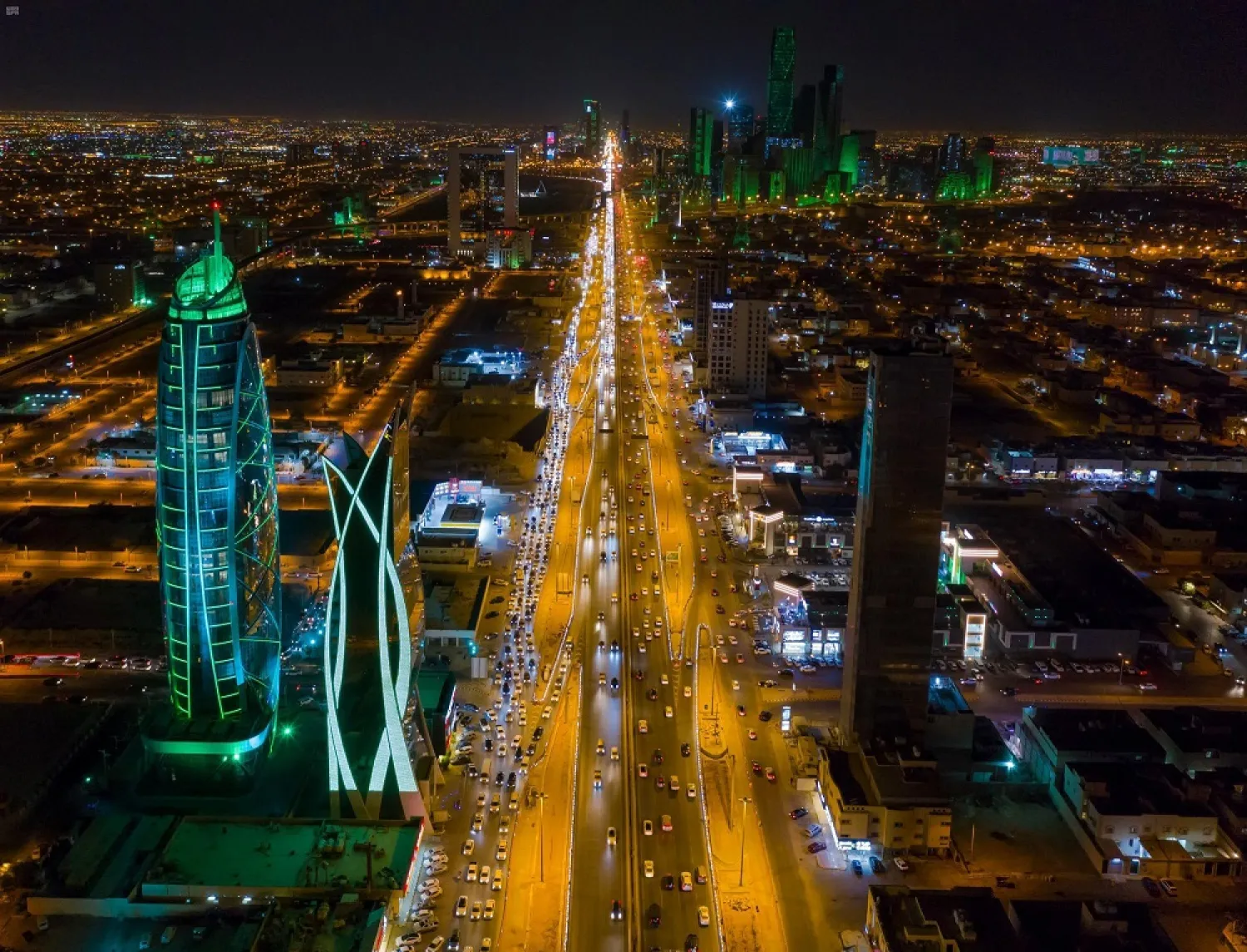Saudi Arabia’s National Commercial Bank said Sunday it will purchase rival lender Samba Financial Group in a deal valued at $14.8 billion, creating what would become the Kingdom’s largest bank.
The bank will control some $223 billion in assets and a market capitalization of $46 billion after the merger wins regulatory approvals and is completed, National Commercial Bank said in a filing on Riyadh’s Tadawul stock market announcing the deal.
The new bank will control a quarter of all banking in the Kingdom, it said.
NCB will pay Samba a premium of 3.5% on the closing price of its stock Thursday in the deal, which will see it dissolve into the NCB brand.
The bank’s largest shareholders will be Saudi Arabia’s Private Investment Fund, the Public Pension Agency and the General Organization for Social Insurance, all government entities.
The two banks described the merger as fitting into the Kingdom’s Vision 2030 plan, which calls for Saudi Arabia to ween itself off of relying on oil exports while creating new jobs for its millions of young people.
“Saudi Arabia is undergoing a historic transformation with Vision 2030,” NCB chairman Saeed al-Ghamdi said in a statement. “Our ambition is to create a national champion that can facilitate the transformation envisaged under Vision 2030 and create a pioneer for next-generation banking services that nurtures tomorrow’s industry leaders.”
NCB was Saudi Arabia’s first bank to be officially licensed in the Kingdom back in 1953, created out of two currency trading houses. Samba grew out of Citibank, which established a presence in the oil-rich Kingdom in 1955. The bank became Saudi American Bank following a royal decree in 1980, with Citibank slowly divesting over time until selling its last shares in 2004.
The merger had been rumored for months. Ratings agency Moody’s says it will help NCB become one of the world’s largest Shariah, or Islamic law, compliant banks alongside fellow Saudi bank Al Rajhi and Kuwait Finance House.









